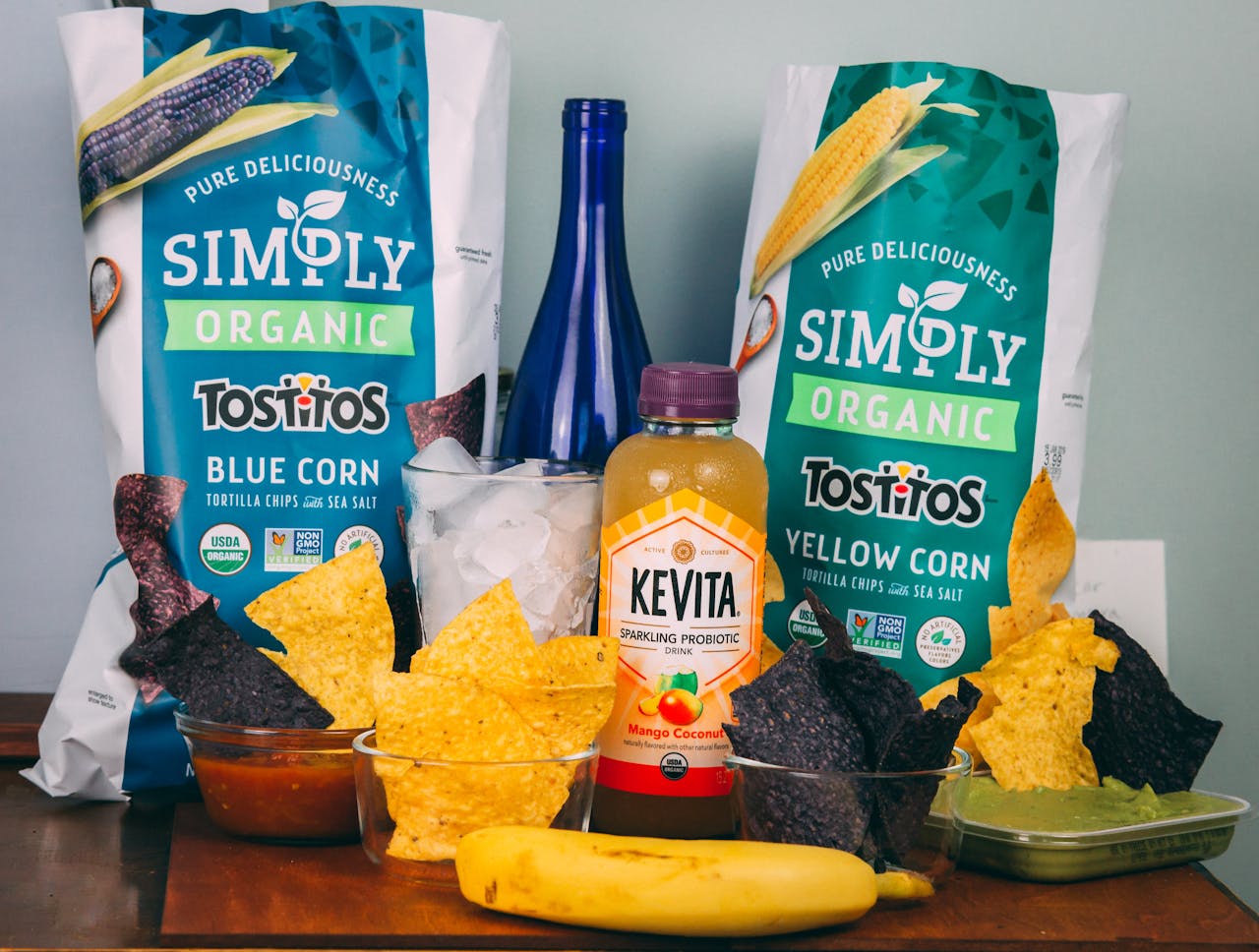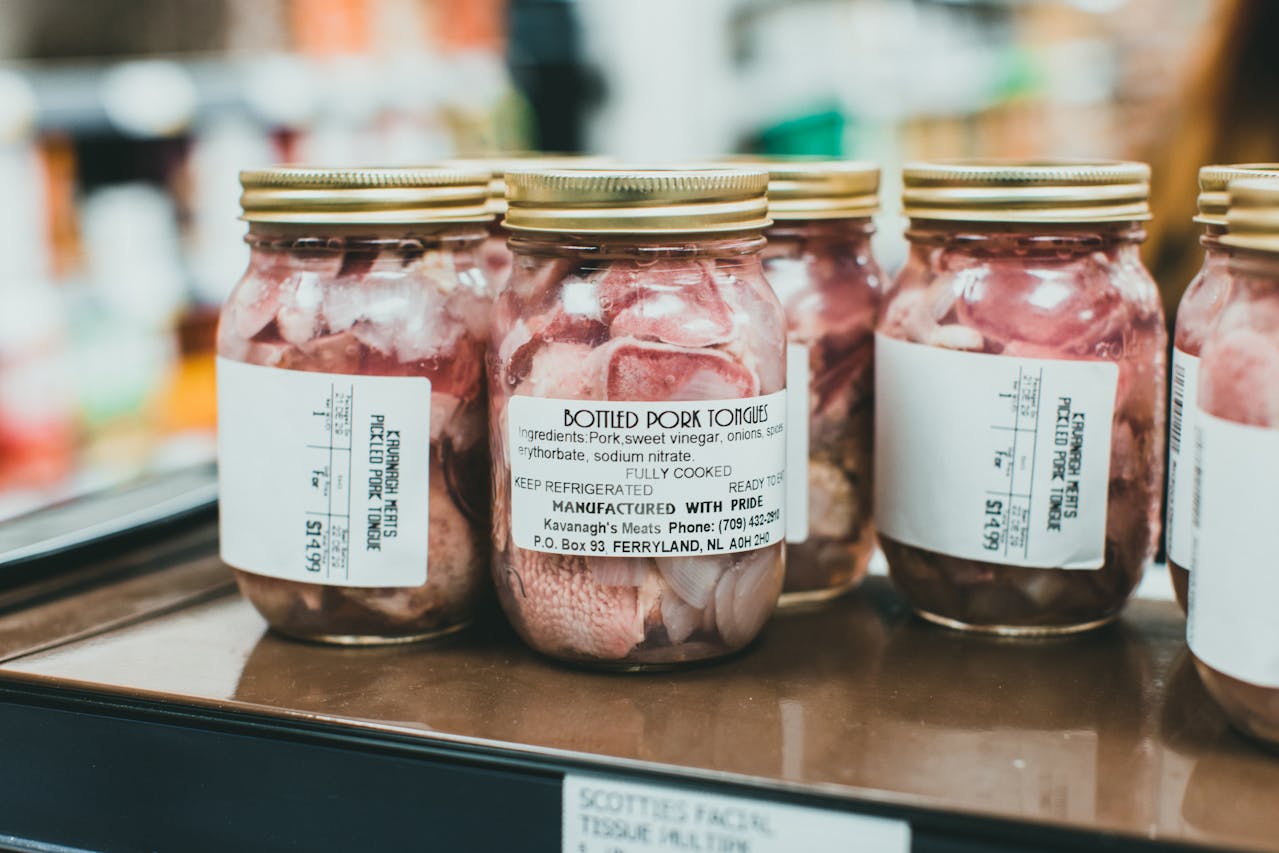If you’re a pet parent, you know how important it is to keep your furry friends healthy and happy. But did you know that some popular pet snacks contain banned preservatives that could put your pet’s well-being at risk? With so many options on the shelves, it’s easy to assume that all treats are safe. Unfortunately, that’s not always the case. Some pet snacks still contain ingredients that have been banned in certain countries due to health concerns. Understanding which preservatives to avoid can help you make better choices for your beloved companions. In this article, we’ll uncover eight pet snacks that contain banned preservatives, explain why they’re problematic, and offer practical tips for safer snacking.

Image Source: pexels.com
1. Jerky Treats with BHA and BHT
Jerky treats are a favorite among dogs, but many brands use BHA (butylated hydroxyanisole) and BHT (butylated hydroxytoluene) as preservatives. These chemicals are banned in some countries due to their potential link to cancer and other health issues. While the FDA still allows their use in the United States, the European Union has banned BHA in food products, including pet food, because of its possible carcinogenic effects. If you see BHA or BHT on the label, look for a safer alternative.
2. Rawhide Chews with Sodium Nitrite
Rawhide chews are marketed as long-lasting treats, but some contain sodium nitrite, a preservative banned in several countries for its association with cancer and other health risks. Sodium nitrite is used to preserve color and prevent spoilage, but it can form nitrosamines, which are carcinogenic. The World Health Organization has raised concerns about nitrites in food. When shopping for rawhide, check the ingredient list and avoid products with sodium nitrite.
3. Soft Chews with Ethoxyquin
Ethoxyquin is a synthetic antioxidant used to preserve fats in pet snacks, especially soft chews. It’s banned in the European Union for use in pet food due to concerns about liver and kidney damage, as well as potential links to cancer. In the U.S., ethoxyquin is still permitted in small amounts, but many pet owners prefer to avoid it altogether. If you spot ethoxyquin on the label, consider switching to treats that use natural preservatives like vitamin E (mixed tocopherols).
4. Biscuits with Propylene Glycol
Propylene glycol is commonly found in semi-moist pet biscuits to maintain moisture and texture. However, the FDA banned it in cat food because it can cause Heinz body anemia in cats. Some countries have also restricted their use in all pet foods. While it’s still allowed in dog treats, many experts recommend avoiding it, especially if you have both cats and dogs at home. Always read the label and opt for biscuits without this controversial ingredient.
5. Dental Chews with Potassium Sorbate
Potassium sorbate is a preservative used in many dental chews to inhibit mold and yeast growth. While it’s generally recognized as safe in small amounts, some countries have banned or restricted its use in pet food due to potential allergic reactions and digestive issues. If your pet has a sensitive stomach or allergies, it’s wise to choose dental chews that use natural preservation methods instead.
6. Fish-Based Treats with Sulfites
Sulfites are used to preserve color and freshness in fish-based pet snacks. However, they’re banned in pet food in Australia and some European countries because they can cause thiamine (vitamin B1) deficiency, leading to neurological problems in pets. If you feed your pet fish treats, check for sulfites on the label and choose products that are free from these additives.

Image Source: pexels.com
7. Meat Sticks with Artificial Colors and Preservatives
Many meat stick treats contain a cocktail of artificial colors and preservatives, some of which are banned in other countries. For example, preservatives like sodium metabisulfite and artificial dyes such as Red 40 and Yellow 5 have been linked to allergic reactions and behavioral issues in pets. The European Union has stricter regulations on these additives than the U.S. If you want to avoid banned preservatives, look for meat sticks with simple, natural ingredients.
8. Grain-Free Snacks with TBHQ
TBHQ (tertiary butylhydroquinone) is a synthetic preservative used in some grain-free pet snacks to extend shelf life. It’s banned in some countries due to concerns about its potential to cause tumors and other health problems. While the FDA allows limited use in the U.S., many pet owners prefer to avoid TBHQ altogether. Always check the ingredient list and opt for snacks preserved with natural antioxidants.
Making Safer Choices for Your Pet’s Snacks
Choosing the right pet snacks can feel overwhelming, especially with so many hidden ingredients and confusing labels. The key is to read ingredient lists carefully and stay informed about which preservatives are banned or restricted in other countries. Opt for treats with natural preservatives like vitamin E or rosemary extract, and avoid those with synthetic chemicals linked to health risks. Your pet’s health and happiness are worth the extra effort, and making informed choices can help you avoid banned preservatives in pet snacks.
Have you discovered any surprising ingredients in your pet’s snacks? Share your experiences or tips in the comments below!
Read More
10 Ingredients Banned in Europe but Still in American Foods
The Science Behind the Ban: What Research Says About Artificial Food Dyes

